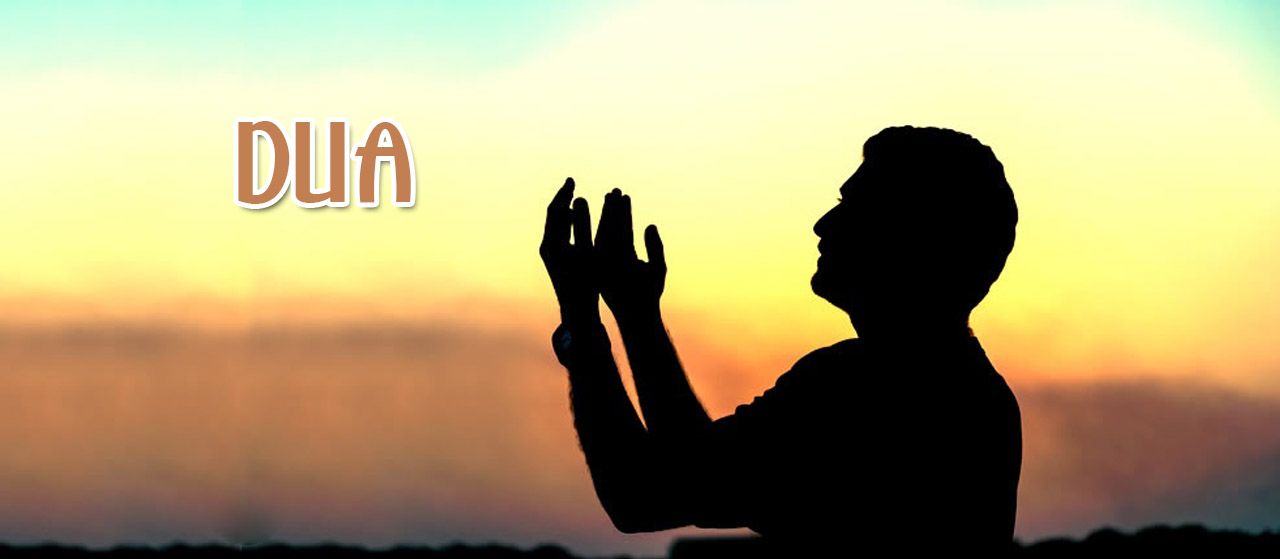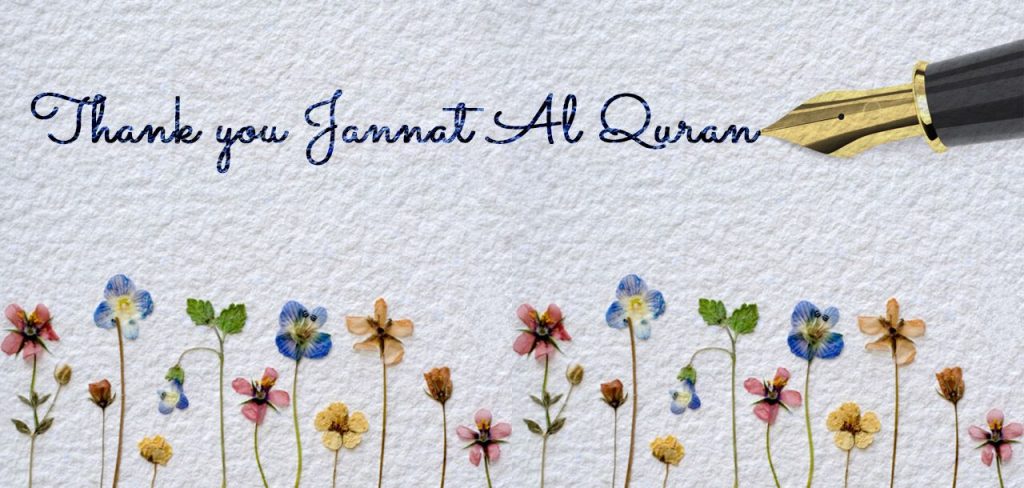Importance of Dua in Islam
Allah Almighty says in the Qur’an:
“When my servants ask you concerning me, (tell them) I am indeed close (to them). I listen to the prayer of every suppliant when he calls on me (make Dua).”
[Quran 2:186]
The importance of dua in front of ALLAH can be evaluated from this that the Prophet had said: “Nothing is more honorable to Allah the Most High than Dua.”
[Sahih al-Jami` no.5268]
The importance of dua in Islam is revealed from the above verse and hadith now we highlight the benefits which we got from dua and thus they increase its importance also.
Dua a form of worship
Dua is a form of worship, in fact, our Holy Prophet (PBUH) regarded it as the best form of worship. When we make dua in front Almighty ALLAH for our needs and wants not only our dua is being answered but we will be rewarded for worshipping also. Through Dua, we accept the power and authority of ALLAH and our weakness in front of HIM.
Dua is the essence of ibadah. A person engaged in dua affirms his belief in Tawheed (monotheism) and shuns belief in all false gods. With each Dua his belief in Allah grows. He beseeches Him, affirming his own powerlessness. A person seriously and sincerely engaged in dua understands exactly the relationship between himself and the Creator and affirms it through his actions. That is the essence of worship! Additionally, such a person can never become arrogant or proud, a logical result of true worship.
Once Prophet Muhammad (sal-Allahu-alayhi-wa-sallam) passed by a people who were suffering from some affliction. “Why don’t they make dua (prayer) to Allah for protection?” he (sal-Allahu-alayhi-wa-sallam) said. With all the suffering and disasters Muslims are facing in various parts of the world, the question can be directed to all of us today.
It is not that we have forgotten dua completely; we refer to it regularly. But our ideas and practice regarding dua have become distorted. Often it is reduced to the level of a ritual. Generally, it is considered when all our efforts have failed — an act of last resort. It is belittled through actions and sometimes even with words. Is it any wonder that today mostly a mention of dua is meant to indicate the hopelessness of a situation?
The power of Dua
Dua is a conversation with Allah, our Creator, our Lord and Master, the All-Knowing, the All-Powerful. This act in itself is of extraordinary significance. It is the most uplifting, liberating, empowering, and transforming conversation a person can ever have. We turn to Him because we know that He alone can lift our sufferings and solve our problems. We feel relieved after describing our difficulties to our Creator. We feel empowered after having communicated with the All Mighty. We sense His mercy all around us after talking to the Most Merciful. We get a new commitment to follow His path for that is the only path to success. We feel blessed with each such commitment.
Big and small
We should make it a point to make dua for all things big and small. It is the beginning of wisdom to realize that big and small are arbitrary labels that are totally irrelevant in this context. Nothing is too big for Whom we are asking from; nothing is too small for the one who is asking. That is why we have been taught to ask Allah when we need something as small as shoelaces. We should ask as a beggar, as a destitute person, for that is what we, in reality, are in relationship to Allah. At the same time, we should ask with great hope and conviction that we shall be granted our prayers. We should remember the Hadith: “There is nothing more dear to Allah than a servant making Dua to Him.” On the other hand, a prayer lacking concentration and conviction is no prayer at all.
All times and all needs
We should make dua at all times, not only during times of distress. The Prophet Muhammad (sal-Allahu-alayhi-wa-sallam) said: “Whosoever desires that Allah answers his Duas in unfavorable and difficult conditions, he should make plentiful dua in days of ease and comfort.” Also, he (sal-Allahu-alayhi-wa-sallam) said: “The person who does not ask from Allah, Allah becomes angry with him.”
We should ask for all of our needs: those related to this world as well as those related to the Hereafter. Those who only concentrate on the former are, in effect, announcing that they don’t care for their lives in the permanent abode. They should blame nobody but themselves for the total ruin in that world that Qur’an assures us awaits them. Those who only concentrate on the later are also showing lack of balance, for we need Allah’s help to lead a good life here as well.
Make Dua for yourself and for others
We should make dua not only for ourselves but also for our parents, brothers and sisters, spouses and children, relatives and friends, teachers and other benefactors, and destitute and struggling Muslims everywhere. We should pray for them for the good in this world as well as in the Hereafter. The Prophet (sal-Allahu-alayhi-wa-sallam) said: “The dua of a Muslim for his brother (in Islam) in his absence is readily accepted. An angel is appointed to his side. Whenever he makes a beneficial dua for his brother the appointed angel says, ‘Aameen. And may you also be blessed with the same.'” [Sahih Muslim]



[…] him) said: I said: O Messenger of Allah, I want to send more blessings upon you (before offering supplication); how much of my supplication should I allocate to that? He said: “Whatever you wish.” I said: […]
Hey very cool website!! Man .. Beautiful .. Wonderful .. I’ll bookmark your web site and take the feeds additionally…I’m happy to find a lot of useful info here in the post, we’d like work out more strategies on this regard, thanks for sharing. . . . . .
It’s truly very complicated in this busy life to listen news on Television, therefore I just use web for that reason,
and get the newest news.
Islamic Dua is an Islamic Knowledge Channel. Islamic Dua Channel usually invites the world to know all Islamic Dua knowledge. Now, This Channel is asking the world to read all Duas.
Good post. I learn something totally new and challenging on websites I stumbleupon every day.
It will always be interesting to read through articles from
other writers and use a little something from other web sites.
[…] your dua is an amazing way to help your brothers. If you can not participate directly in their state, you […]
[…] Remember to send your Duas and supplications to your parents, to ask Allah to grant them safety and well health. May our Lord! […]
certified casino http://luckyshoppe.com
Having read this I thought it was very enlightening.
I appreciate you taking the time and energy to put this
informative article together. I once again find myself spending a lot
of time both reading and leaving comments. But so what, it was still worthwhile!